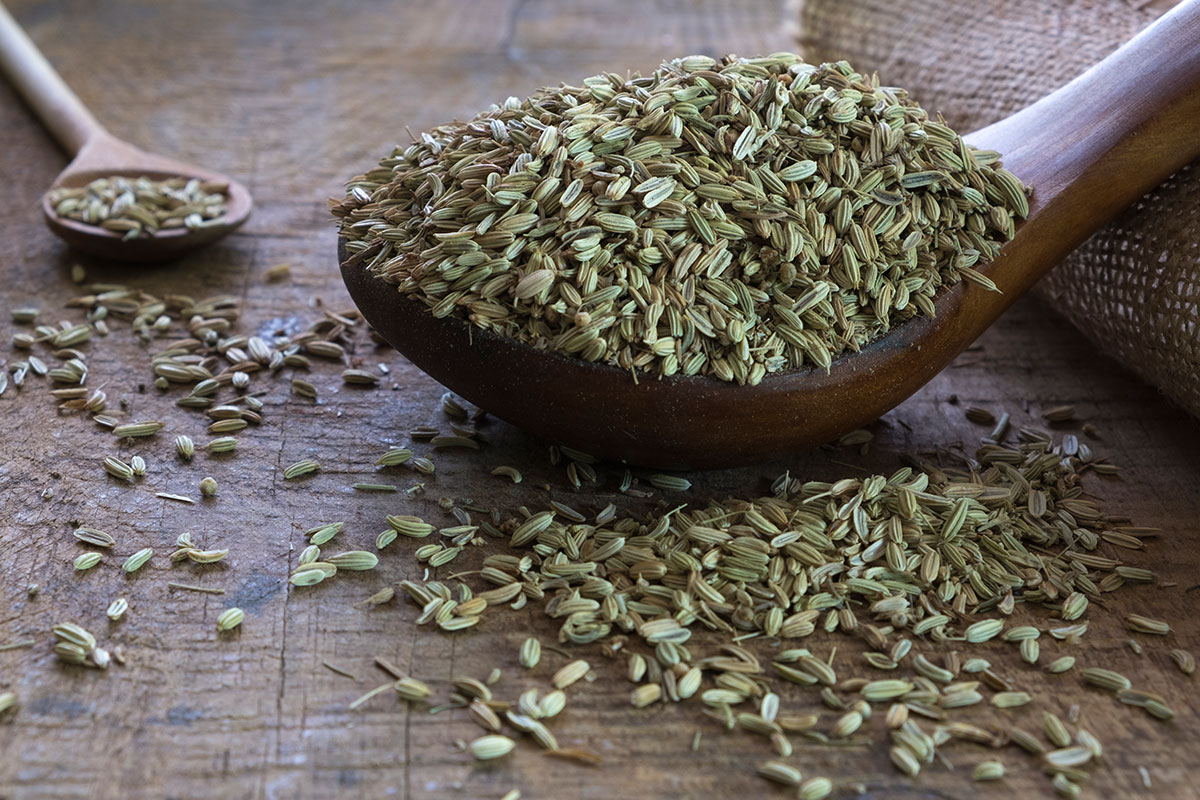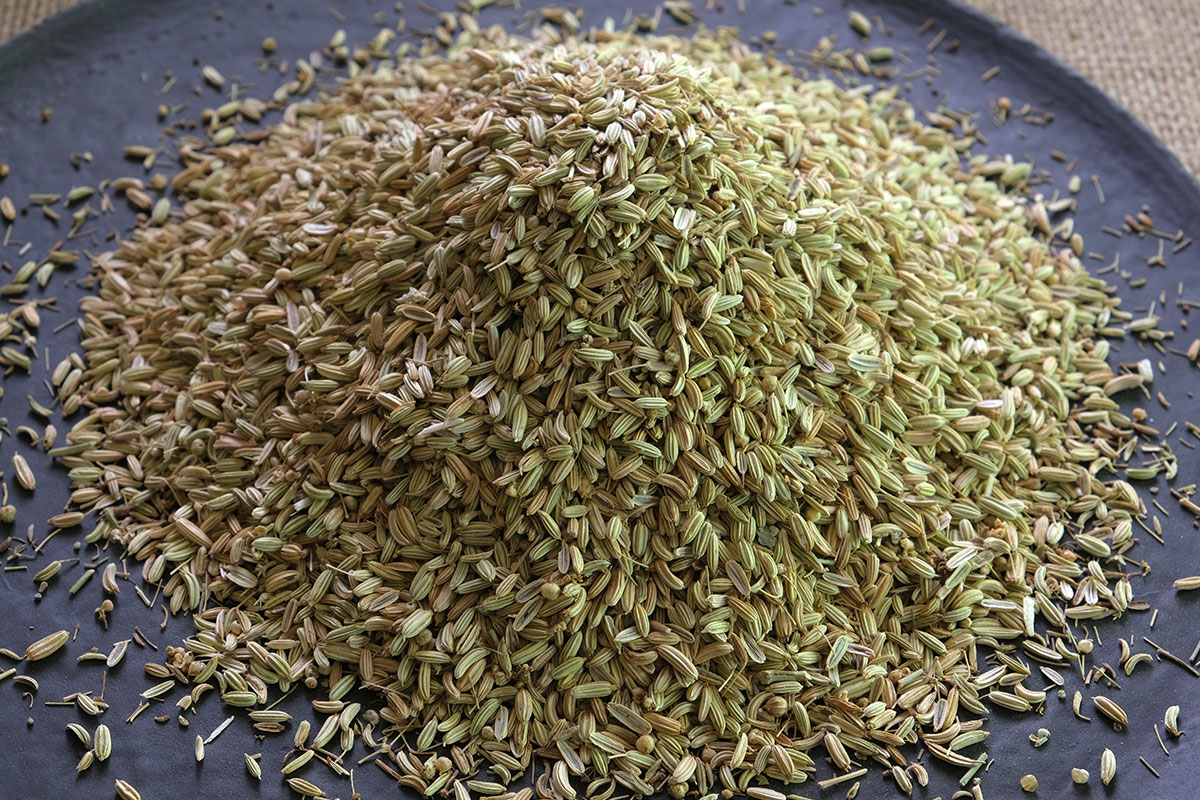6 Amazing Facts About Fennel Cultivation in Turkey
Fennel is a plant with a long history of agricultural and culinary significance. Known for its distinct aroma and subtle sweetness, fennel plays a key role in many regional cuisines and agricultural economies around the world. Among the countries where this versatile plant is grown, Turkey has carved out a leading position. With its rich soil, favorable climate, and long-standing farming traditions, Turkey has become a significant player in fennel cultivation.
In this article, you’ll discover six amazing facts that highlight why Turkey is one of the best places in the world for growing fennel.
1. Turkey’s Climate Is Ideal for Fennel Growth
Fennel thrives in Mediterranean-style climates, which offer warm temperatures, long growing seasons, and moderate rainfall. These are the exact conditions found in many parts of Turkey, especially in regions such as Aegean, Central Anatolia, and parts of the Mediterranean coast.
Spring and autumn are the preferred seasons for sowing fennel in Turkey, allowing the plant to take advantage of mild weather patterns. These conditions support optimal root development and seed production, resulting in a crop with consistent texture and flavor.
2. Rich Agricultural Heritage Supports Consistent Quality
Turkey’s agricultural roots go back thousands of years. Farming is not just an industry—it is a cultural tradition that spans generations. In many rural regions, fennel is cultivated by small family farms using time-tested methods that emphasize soil care, seasonal timing, and hands-on cultivation.
This cultural heritage results in consistency from harvest to harvest, producing a fennel crop that reflects both care and experience. The continued importance of agriculture in Turkey means that knowledge transfer between generations helps preserve the integrity of the farming process.
3. Major Growing Regions Are Known for Their Fertile Soil
Several Turkish regions are especially well-known for fennel production due to their soil composition. Provinces like Afyonkarahisar, Konya, and Denizli have the fertile, well-drained loamy soils that fennel prefers. These areas provide essential nutrients that help develop fennel’s aromatic profile.
In these zones, local farmers often rotate fennel with other crops such as grains or legumes, enhancing soil fertility and maintaining the balance needed for high-yield farming.
4. Sustainable Practices Are Common in Turkish Fennel Farming
In many fennel-producing regions of Turkey, sustainable farming methods are prioritized. Farmers often use crop rotation, natural irrigation techniques, and traditional harvesting methods that reduce the environmental impact.
Drying is typically done under natural sunlight, preserving the color and scent of the fennel seeds while reducing reliance on artificial heat or machinery. These traditional practices reflect a broader cultural commitment to sustainable agriculture.
5. Strong Domestic and Global Demand for Turkish Fennel
Turkey has a thriving domestic market for fennel, especially in the spice and culinary sectors. Fennel is widely used in traditional Turkish cuisine, making it a crop in continuous demand. This domestic consumption supports ongoing production even in years when international demand fluctuates.
At the same time, Turkish fennel is exported to many countries around the world. Buyers value it for its consistent aroma, seed uniformity, and clean processing methods. Turkish fennel is often preferred for its freshness and traceability, important qualities in international spice markets.
6. Strategic Location Enhances Export Opportunities
Located at the crossroads of Europe and Asia, Turkey is ideally positioned for efficient export of fennel and other agricultural products. Turkish ports on the Aegean and Mediterranean coasts offer direct access to global trade routes. This geographic advantage means fennel harvested in Turkey can reach markets in Europe, the Middle East, and North Africa faster and with lower transport costs.
The result is a competitive product that maintains its quality and freshness throughout the supply chain. Turkey’s transportation infrastructure and agricultural export experience ensure that fennel grown in its regions arrives reliably and in peak condition.
Conclusion
Fennel cultivation in Turkey is a reflection of more than just favorable weather—it represents a deep-rooted cultural respect for the land and its bounty. From fertile valleys to high-elevation farms, fennel is grown with care, tradition, and sustainable practices. The combination of ideal climate, expert farming knowledge, and strategic geography allows Turkey to remain a major force in the global fennel market.
Whether destined for local dishes or international spice racks, Turkish fennel tells a story of quality, heritage, and agricultural pride. As interest in origin-based and sustainably grown crops increases worldwide, Turkey’s position in fennel production is only expected to strengthen in the years ahead.
Product Information
Crop: Cultivated Parts used: Seeds Quality: Cleaned, 100% pure and natural. Available as: Whole or Powder Industry used: Food, Dietary/Nutritional Supplement, Phytotherapy and Feed industries. Packaging: Kraft paper bags, PP bags and PE bags in various sizes Country of origin: TÜRKİYE


